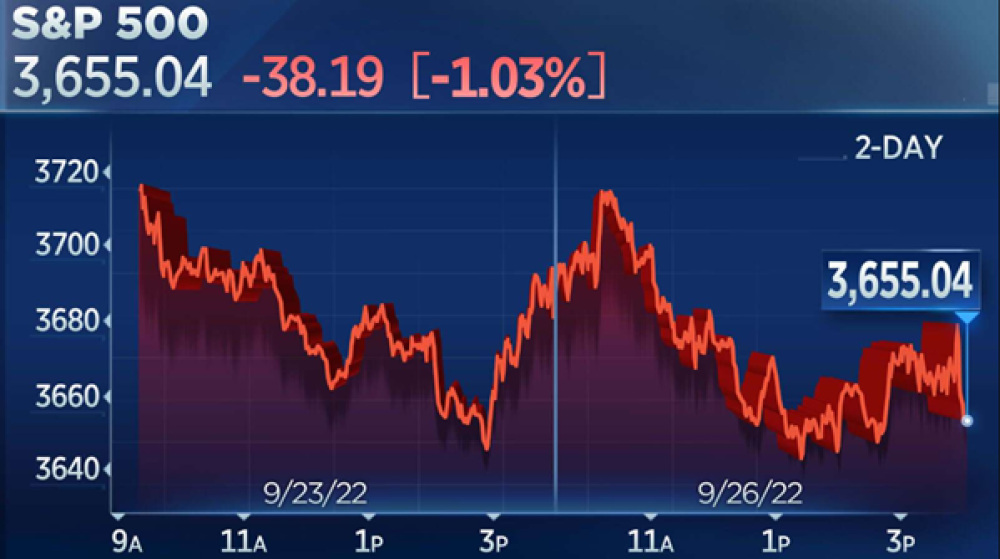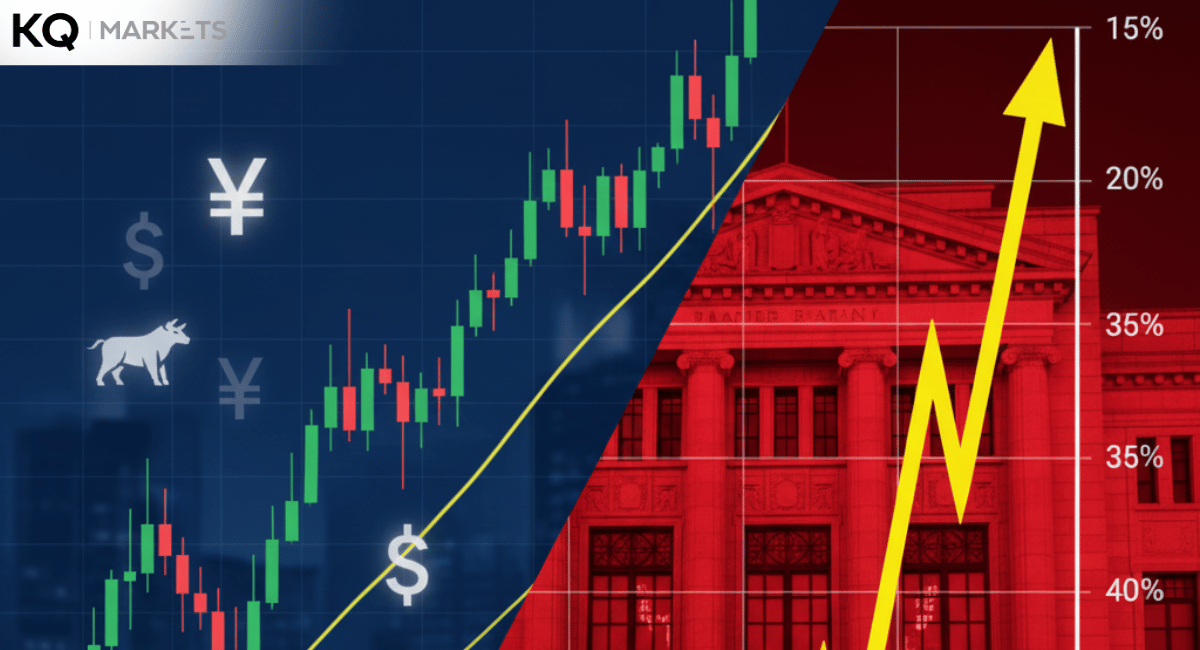The British pound plunged to a record low as turmoil rocked capital markets and interest rates surged. Well, the S&P 500 index dropped to $3,655.04 by 1.03%, declining below the June low of $3,666.77. It plunged to $3,644.76 at some point of the day, eight points away from $3,636.87 (the intraday low of 2022). On the other hand, the Dow dropped by 1.11%, or 329.60 points, to $29,260.81. This shift accelerated losses during the final trading moments. Hence, the 30-stock index plunged by around 20.4% from its high in January.
In any case, the UK pound declined to its new record low on Monday versus the US dollar. It fell 4% to an all-time $1.0382 low at some point. However, the sterling pound has since recovered since it’s worst levels due to the speculation the Bank of England is looking to raise interest rates more aggressively to help control the surging inflation rate. The US dollar has surged against the British Pound following the UK tax cut announcement and Federal Reserve's aggressive rate hike campaign last week.
Consequently, the euro has attained its lowest exchange rate against the US dollar since 2002. In general, this surging greenback might harm the US multinationals' profits and wreak havoc on the capital markets since most transactions would be in US dollars. However, bond yields jumped on Monday as the ten-year treasury yield topped 3.9% during the day. It also recorded an increase in the two-year treasury, which is sensitive to Federal Reserve policies.
Oil recorded another fall to accelerate its recent losses, following four consecutive losing weeks. The US oil benchmark (West Texas Intermediate Crude) hit a $76.49 per barrel session low, a price it recorded last on 4th January. Nonetheless, it recovered slightly before closing by 2.58% to $76.71 per barrel. The Brent crude plunged by 2.4% to close at $84.06 per barrel on Monday's close of business. These losses resulted from the strengthening US dollar, making oil products more expensive for foreigners.
Overall, European stocks were highly volatile as investors weighed the declining economic outlook of the EU region. For instance, the pan-European Stoxx 600 dropped by 0.2% in London by mid-morning, after recouping the opening losses of about 0.6% before it pulled back again. Hence, utilities also plunged by 1.7%, unlike tech stocks, that increased by 1.7%.
Above all, the Federal Reserve and the Bank of England remain committed to controlling inflation through borrowing cost hikes. Although these interest rate hikes impact the capital markets, the Fed presumes a 0.75 basis point rate hike in October and several other rate hikes towards the end of the year.





